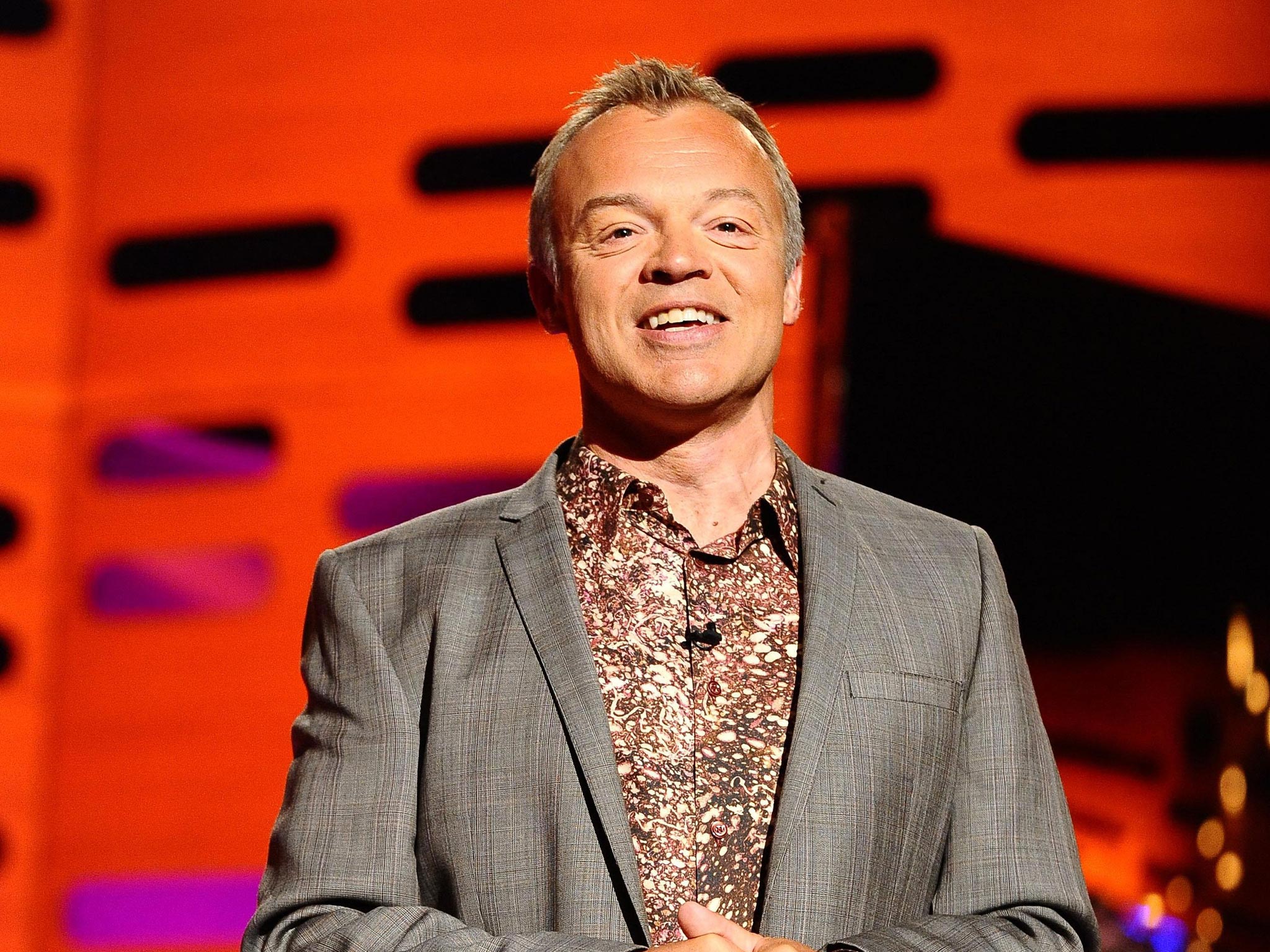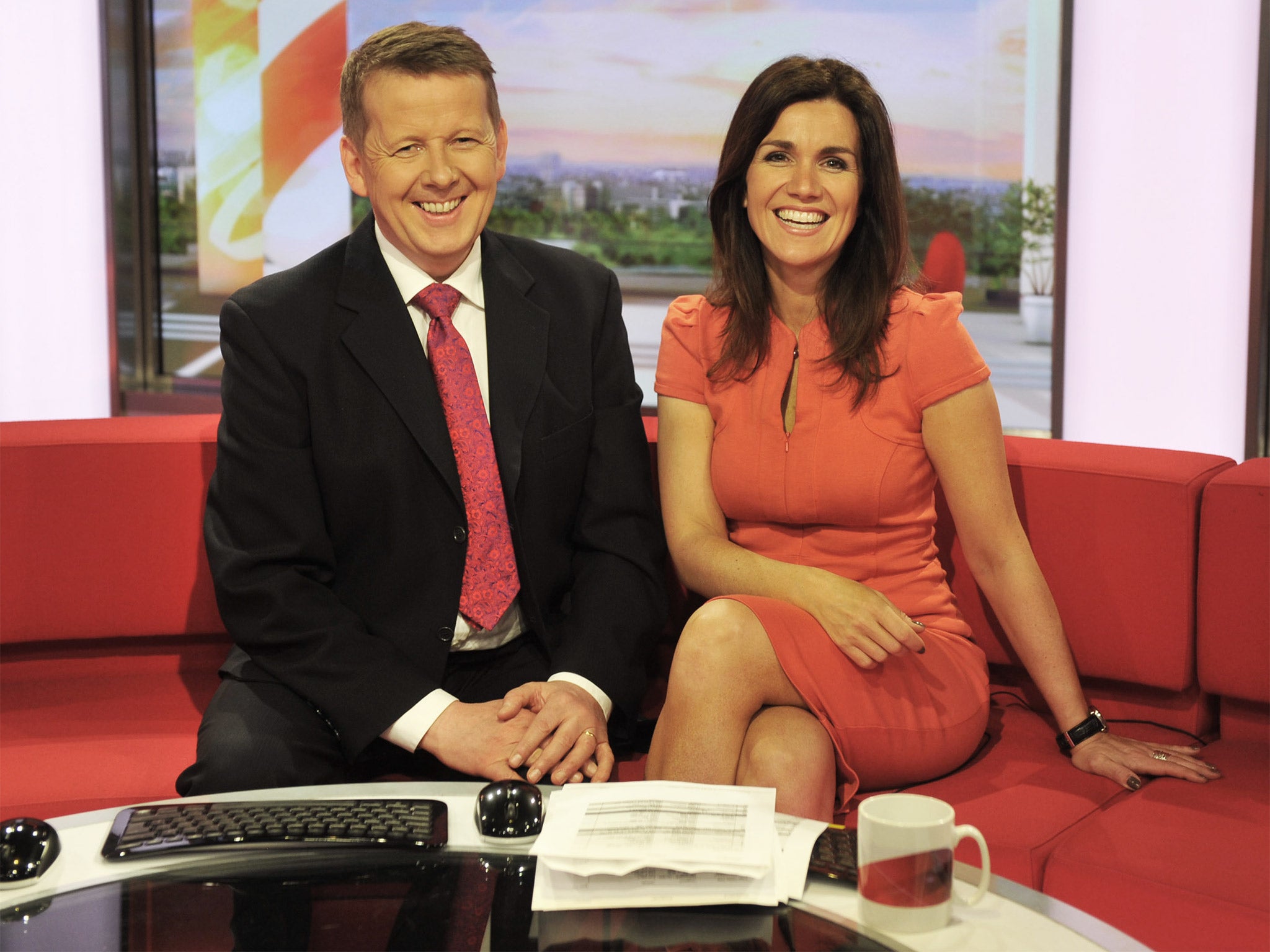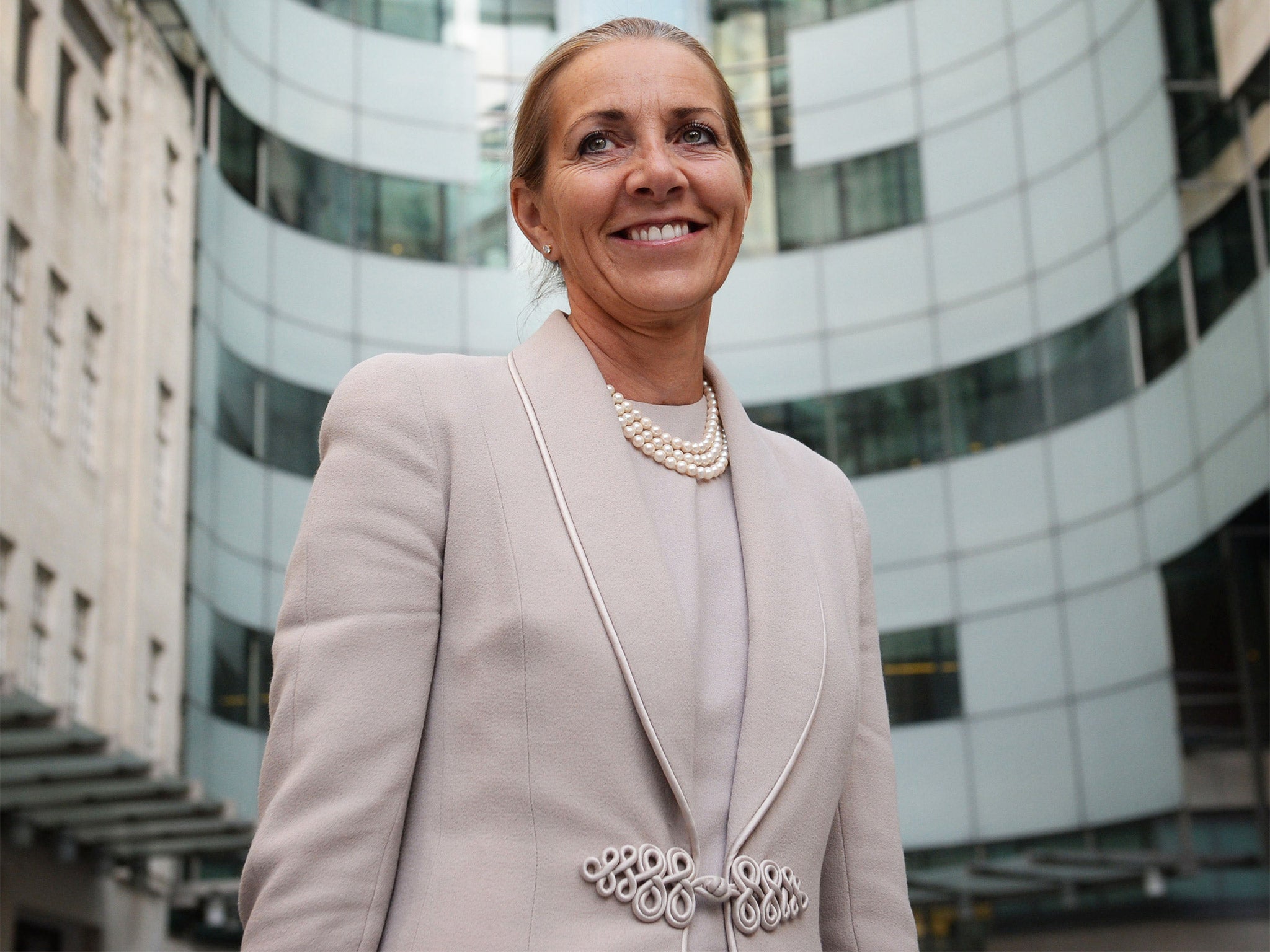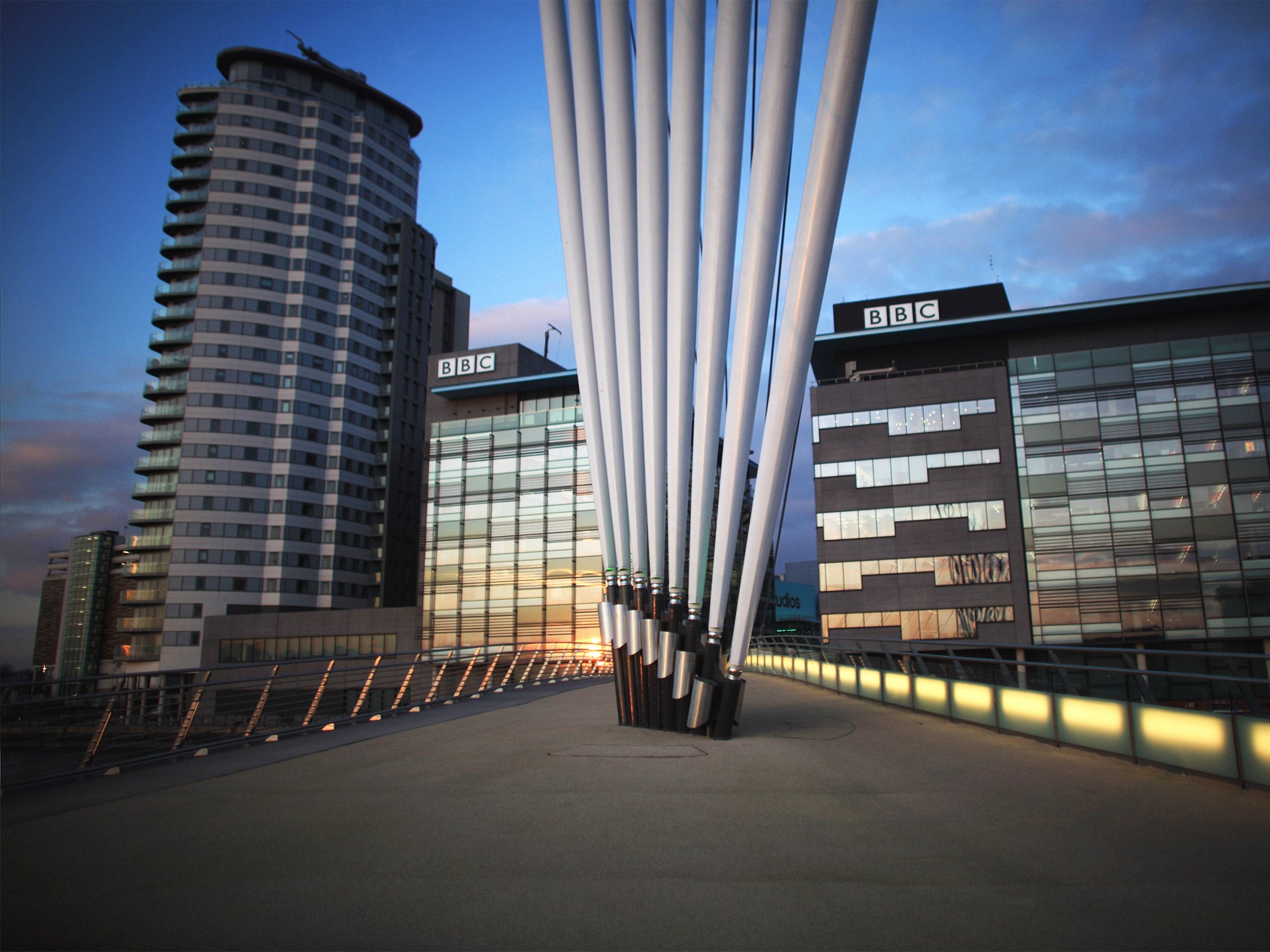BBC cuts talent costs but faces an exodus of star presenters, report warns
Overall spending on talent has gone down from £221 millon to £188 million

Your support helps us to tell the story
From reproductive rights to climate change to Big Tech, The Independent is on the ground when the story is developing. Whether it's investigating the financials of Elon Musk's pro-Trump PAC or producing our latest documentary, 'The A Word', which shines a light on the American women fighting for reproductive rights, we know how important it is to parse out the facts from the messaging.
At such a critical moment in US history, we need reporters on the ground. Your donation allows us to keep sending journalists to speak to both sides of the story.
The Independent is trusted by Americans across the entire political spectrum. And unlike many other quality news outlets, we choose not to lock Americans out of our reporting and analysis with paywalls. We believe quality journalism should be available to everyone, paid for by those who can afford it.
Your support makes all the difference.An independent report has praised the BBC for cutting spending on star talent – but warned that the corporation faces an exodus of popular presenters outside of the top pay bracket who are frustrated at the squeeze on their earnings.
The BBC has reduced spending on pay for top-earning BBC talent by 29 per cent in five years, and overall spending on talent by 15 per cent, the BBC Trust Chairman Rona Fairhead will today tell the Oxford Media Convention.
The savings were set out in an independent review commissioned by the Trust. It confirms a further reduction in the number of on-screen stars falling into the top pay category of £500,000 to £5m a year, which is understood to include the likes of Graham Norton and Jeremy Clarkson, among 14 names.
The review found no evidence that the BBC was overpaying its presenters and performers in comparison to the wider commercial market.
Overall spending on talent has gone down by 15 per cent from £221 millon to £188 million between 2008-9 and 2013-14. It also showed pay for the corporation's top-earning talent was reduced by almost a third (29 per cent) in the same period and the number of individuals earning between £500,000 and £5 million had fallen from 22 to 14.
However the report warned that the squeeze on pay could lead to a deterioration in programme quality as some high-profile presenters quit the BBC.

“There was a general consensus amongst those we interviewed that continued downward pressure on talent fees could damage the quality of the BBC’s output,” the report found. “Outside of the top tier, many talent are feeling the squeeze after five years of flat fees and there is a risk that continued pressure will price some people out of the talent market altogether and reduce the diversity of the pool of talent that the BBC can choose from.”
Susanna Reid, the former BBC Breakfast presenter, quit in March last year to join the ITV’s rival show Good Morning Britain. Reid is reportedly on about £400,000 a year at ITV, and would not have fallen into the BBC’s top talent pay category. The former BBC Radio 5 Live presenter Shelagh Fogarty left last year to join rival talk station LBC.
The review also warned that “the BBC is likely to face increasing competition for top talent, so holding their fees flat will also become more difficult. The BBC therefore faces a challenge in deciding when and how it starts to reduce some of the pressure on talent fees.”

A BBC Trust response said: “There is broad consensus that the current position of holding fees flat [which represents a real term cut to most talent] may be unsustainable in the long term. This pressure is likely to become more acute in a resurgent market with more competition from new UK entrants, international broadcasters, and new platforms.”
The BBC’s highest earner is believed to be Graham Norton, who received £2.61m in “presenter fees, production fees and royalties” from his production company So Television for presenting BBC1's The Graham Norton Show and hosting his Radio 2 programme. Gary Linker is believed to earn £1.5m while Jeremy Clarkson takes home at least £1 million.
The independent review praised the BBC for making “vast improvements” to its processes for managing talent pay, and said the corporation compares well with other broadcasters in its level of scrutiny of talent pay.

In her speech today Ms Fairhead will say: “We are clear that the BBC has a responsibility to spend public money wisely in its approach to talent pay. Today's report shows that the BBC has made great strides in reducing talent costs, and it's clear this has been achieved without affecting quality.
“The report also points to increasing competitive and inflationary pressures in the market. To counter that pressure, the BBC needs to build on its progress – so that it does more to develop new talent, can demonstrate optimum value in its deals and knows when to walk away.”
A crucial reason behind the savings, according to the report, has been “a considerable cultural shift” in the BBC’s approach to controlling talent costs, “the impact of which should not be underestimated”.
This has included a more relaxed approach to exclusivity, learning to let top talent leave, and detailed scrutiny of talent deals as standard.
Bal Samra, BBC Commercial Director and Managing Director, Television said: “Talent is incredibly important to the BBC, and we are committed to attracting, retaining and developing the very best Talent for our audiences, it is what they expect. I am delighted that the Trust Review recognises our considerable achievement in making such major savings without sacrificing the quality of our programmes. The review recognised that the BBC is at the forefront of the industry both in developing new Talent and in delivering value for money, and we'll continue to improve our processes to ensure that we build on the progress we've made.”
Join our commenting forum
Join thought-provoking conversations, follow other Independent readers and see their replies
Comments